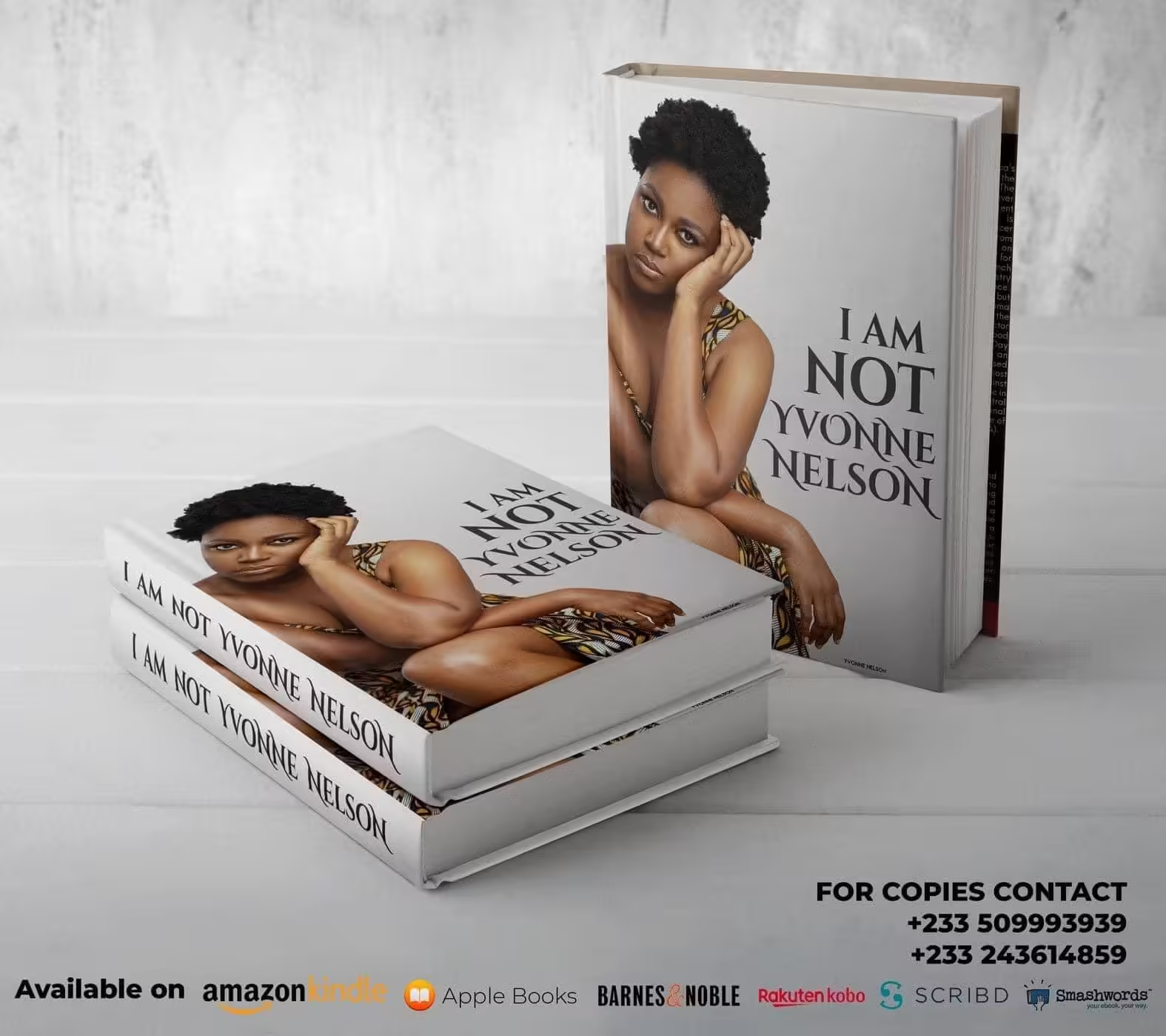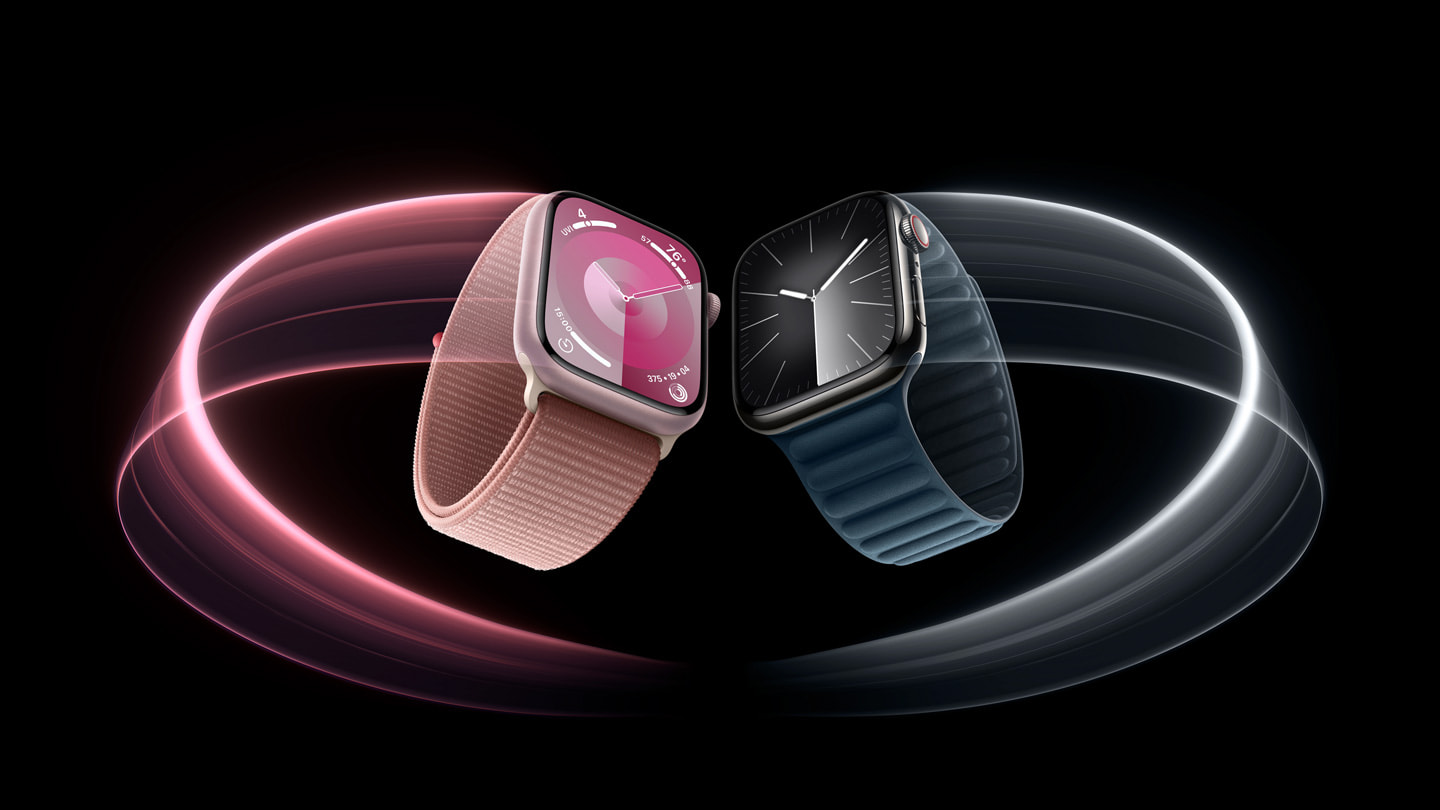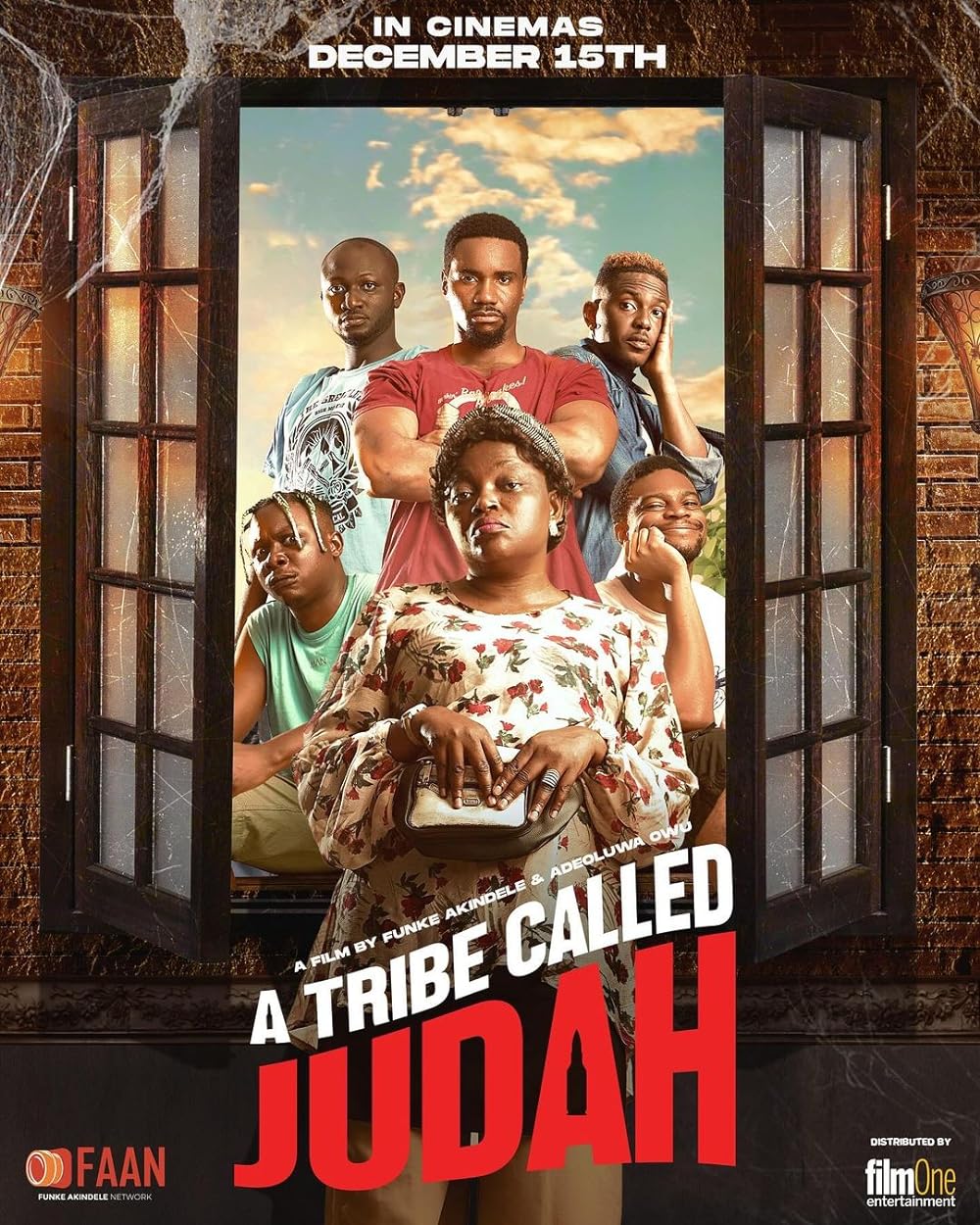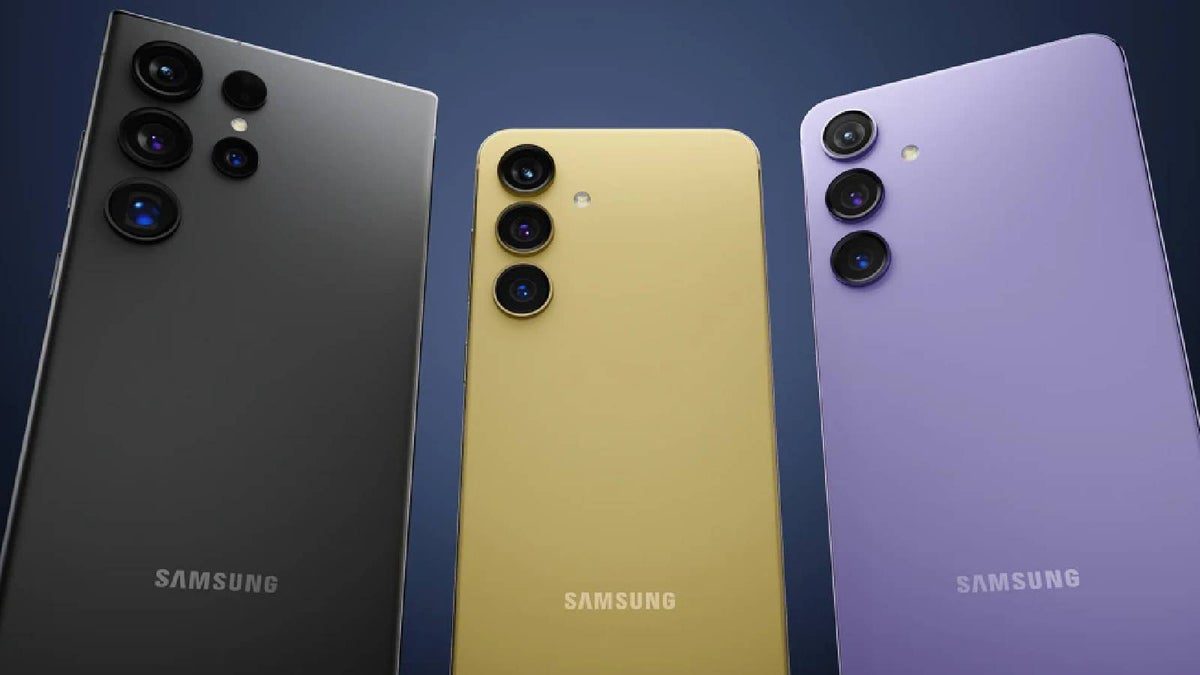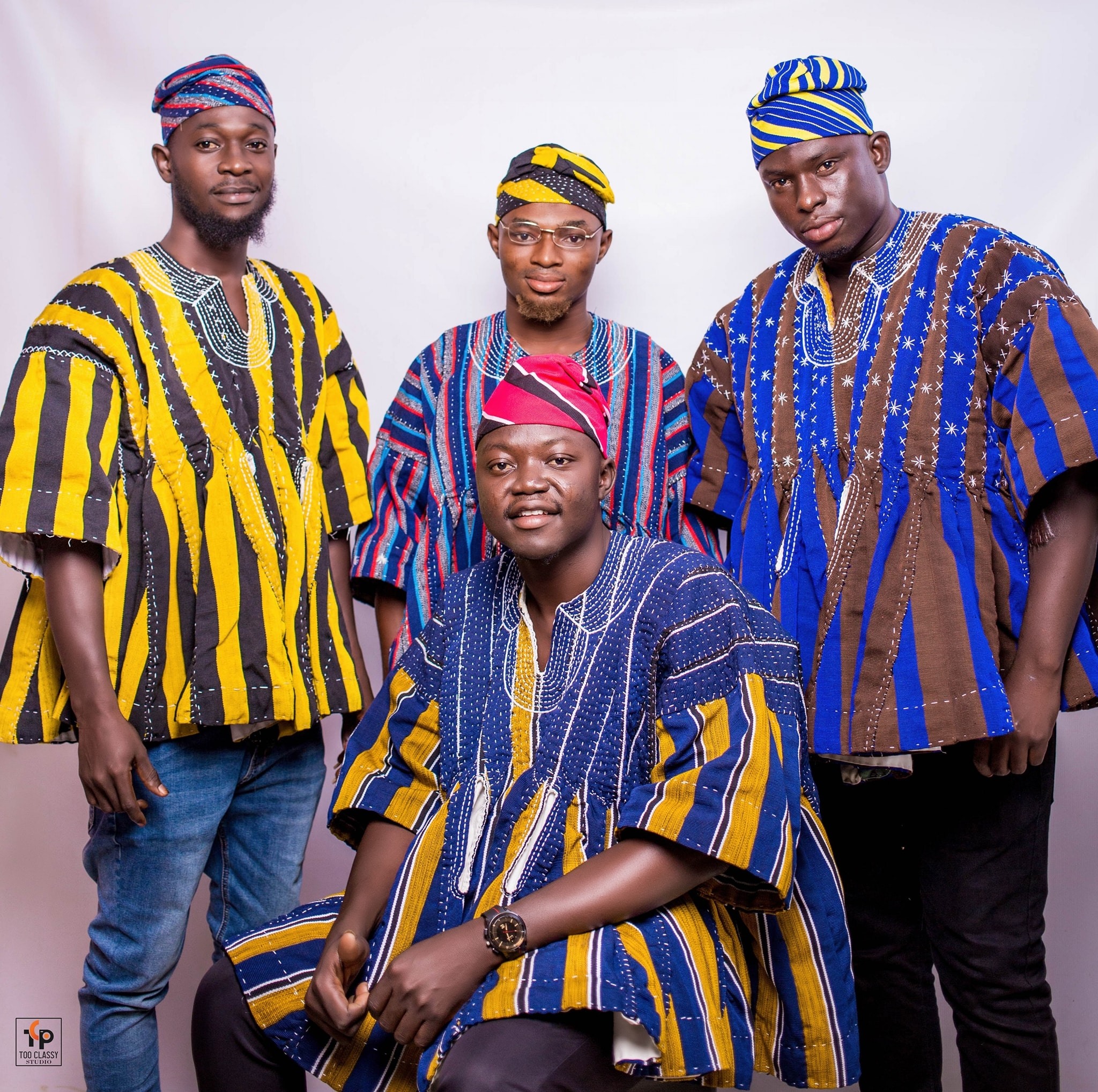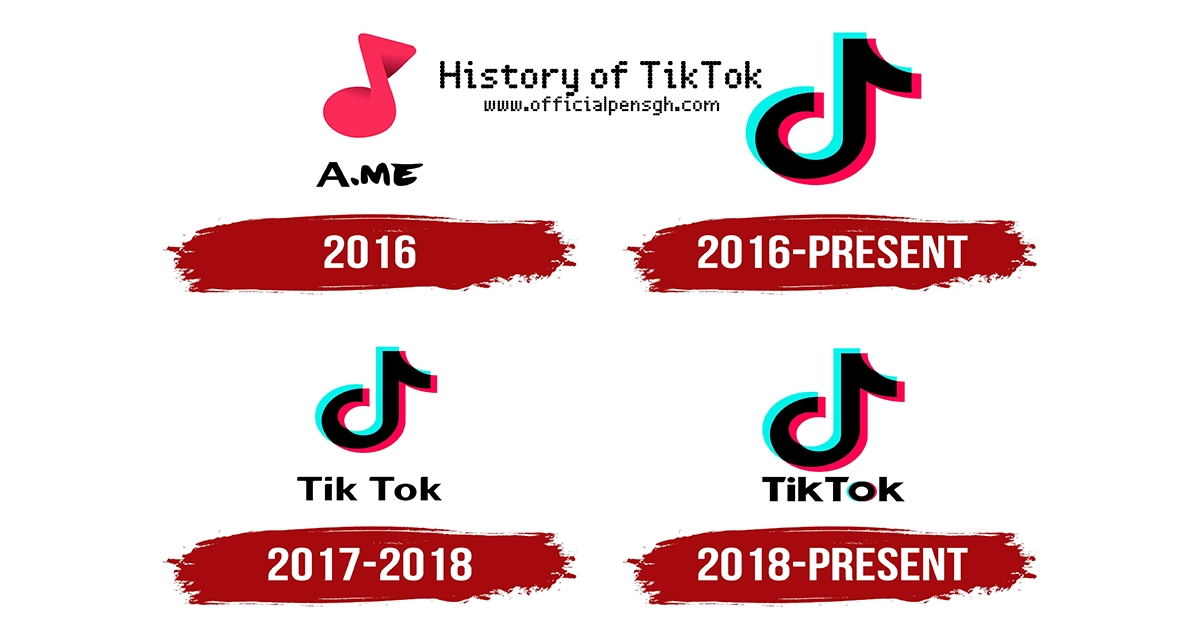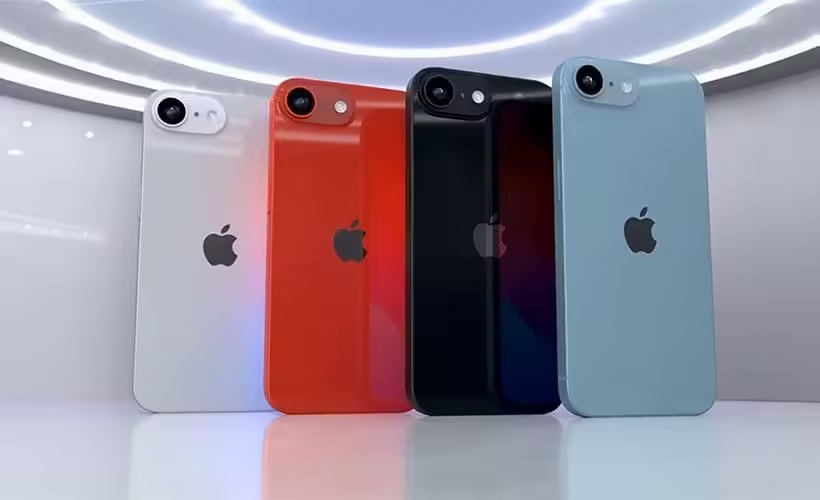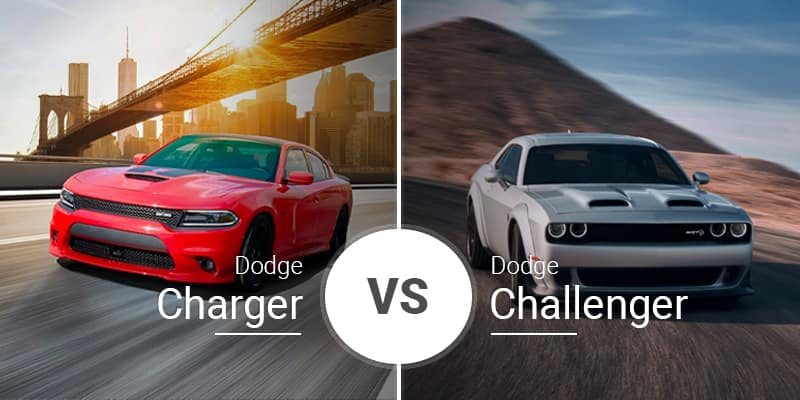TikTok is one of the most popular social media platforms in the world, with over 2 billion downloads and millions of active users. But how did it get to this point? What is the story behind this short-form video app that has captivated millions of people across the globe? In this blog post, we will explore the history of TikTok, from its origins in China to its expansion and controversies in the international market.
The Origins of TikTok: Douyin and Musical.ly
The story of TikTok began in 2016, when Chinese company ByteDance launched an app called A.me that allowed users to create and share short videos. It was renamed Douyin (抖音) three months later. Douyin quickly gained popularity in China, especially among young people, who enjoyed its features such as songs, filters, and special effects. By the end of 2016, Douyin had over 100 million users and 1 billion video views per day.
Meanwhile, another short-video app was making waves in the US and other countries. Musical.ly, founded by Chinese product designer Alex Zhu in 2014, was a platform that focused on the lip-synching craze, offering thousands of songs to which users could make entertaining lip-synching and dance videos. Musical.ly also had a large teenage fan base, and within a few years, it had tens of millions of users and several celebrity partnerships3.
In 2017, ByteDance decided to expand Douyin outside of China, under the name TikTok. However, it faced a challenge: how to compete with Musical.ly, which already had a strong presence in the international market. The solution was simple: buy it. In November 2017, ByteDance acquired Musical.ly for some $800 million. The deal gave ByteDance access to Musical.ly’s user base, content, and technology, as well as its relationships with music labels and influencers.
In the summer of 2018, ByteDance merged all the content and user accounts of Musical.ly into TikTok, creating a unified global platform for short-form videos. The new TikTok app offered more features, such as stickers, filters, and live-streaming, as well as a wider range of content categories, such as comedy, education, and sports. Users could also switch between different languages and regions, and discover videos from around the world through the “For You” page, which used an algorithm to recommend personalized content based on user preferences and behavior.
The merger of TikTok and Musical.ly was a success, as the app saw a surge in downloads and engagement. By October 2018, TikTok had become the most downloaded app in the US, surpassing Facebook, Instagram, and YouTube. By the end of 2018, TikTok had over 500 million monthly active users worldwide, making it one of the fastest-growing social media platforms in history.
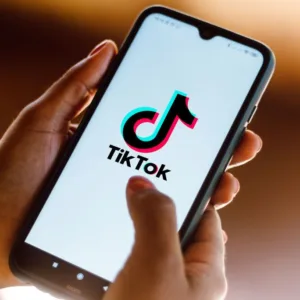
The Rise and Challenges of TikTok: Controversies and Competition
As TikTok grew in popularity, it also faced various challenges and controversies. One of the main issues was the app’s privacy and security practices, which raised concerns among regulators, lawmakers, and users. Some of the allegations included:
- Collecting and sharing user data with the Chinese government, which could pose a threat to national security and human rights.
- Censoring content that was critical of the Chinese government or sensitive topics, such as the Hong Kong protests, the Uyghur genocide, and the coronavirus outbreak.
- Exposing minors to inappropriate or harmful content, such as violence, nudity, drugs, and cyberbullying.
- Failing to protect the intellectual property rights of creators, musicians, and artists, who often did not receive proper credit or compensation for their work.
These allegations led to several actions taken against TikTok by various countries and organizations, such as:
- Banning or restricting the use of TikTok by government officials, military personnel, and public employees.
- Launching investigations or lawsuits against TikTok for violating privacy, consumer protection, and antitrust laws.
- Threatening to ban or remove TikTok from app stores unless it sold its US operations to an American company.
- Blocking or suspending TikTok’s access to certain markets or services, such as India and Pakistan.
Another challenge that TikTok faced was the increasing competition from other social media platforms, especially Facebook and its subsidiaries. Facebook, which had previously tried to acquire Musical.ly in 2016, launched several products and features that mimicked or rivaled TikTok, such as:
- Lasso, a standalone app that allowed users to create and share short videos with music and effects.
- Reels, a feature within Instagram that enabled users to create and discover short videos with music and effects.
- Collab, a feature within Facebook that allowed users to create and mix short videos with music and effects.
These products and features aimed to attract and retain users who were interested in short-form video content, and to challenge TikTok’s dominance in the market.
The Future of TikTok: Innovation and Impact
Despite the challenges and controversies, TikTok has continued to innovate and grow, reaching new milestones and audiences. Some of the recent developments and achievements of TikTok include:
- Launching TikTok for Business, a platform that offers various tools and solutions for brands and marketers to reach and engage with TikTok users.
- Partnering with Shopify, a leading e-commerce platform, to enable TikTok users to shop directly from the app, and to help merchants create and run TikTok campaigns.
- Collaborating with various celebrities, artists, and organizations, such as Bill Nye, Dua Lipa, and the United Nations, to create and promote original and exclusive content on TikTok.
- Breaking records and setting trends, such as generating over 1 billion views for the #SeaShanty hashtag, and influencing the music charts and awards with viral songs and artists.
TikTok has also had a significant cultural and social impact, as it has become a source of entertainment, education, and inspiration for millions of people around the world. TikTok has enabled users to express themselves, showcase their talents, and connect with others who share their interests and passions. TikTok has also raised awareness and support for various causes and movements, such as Black Lives Matter, climate change, and mental health.
TikTok is not just a mobile application, it is an extraordinary phenomenon that has transformed the way people generate and consume short-form video content. It has had a significant influence on various industries, including music, fashion, and entertainment. Despite its success, TikTok has encountered numerous challenges and controversies, and has had to adapt to satisfy the expectations of its users and stakeholders. TikTok’s journey has only just begun, and as the application continues to evolve and innovate, it will likely play a significant role in shaping the future of social media and culture.

